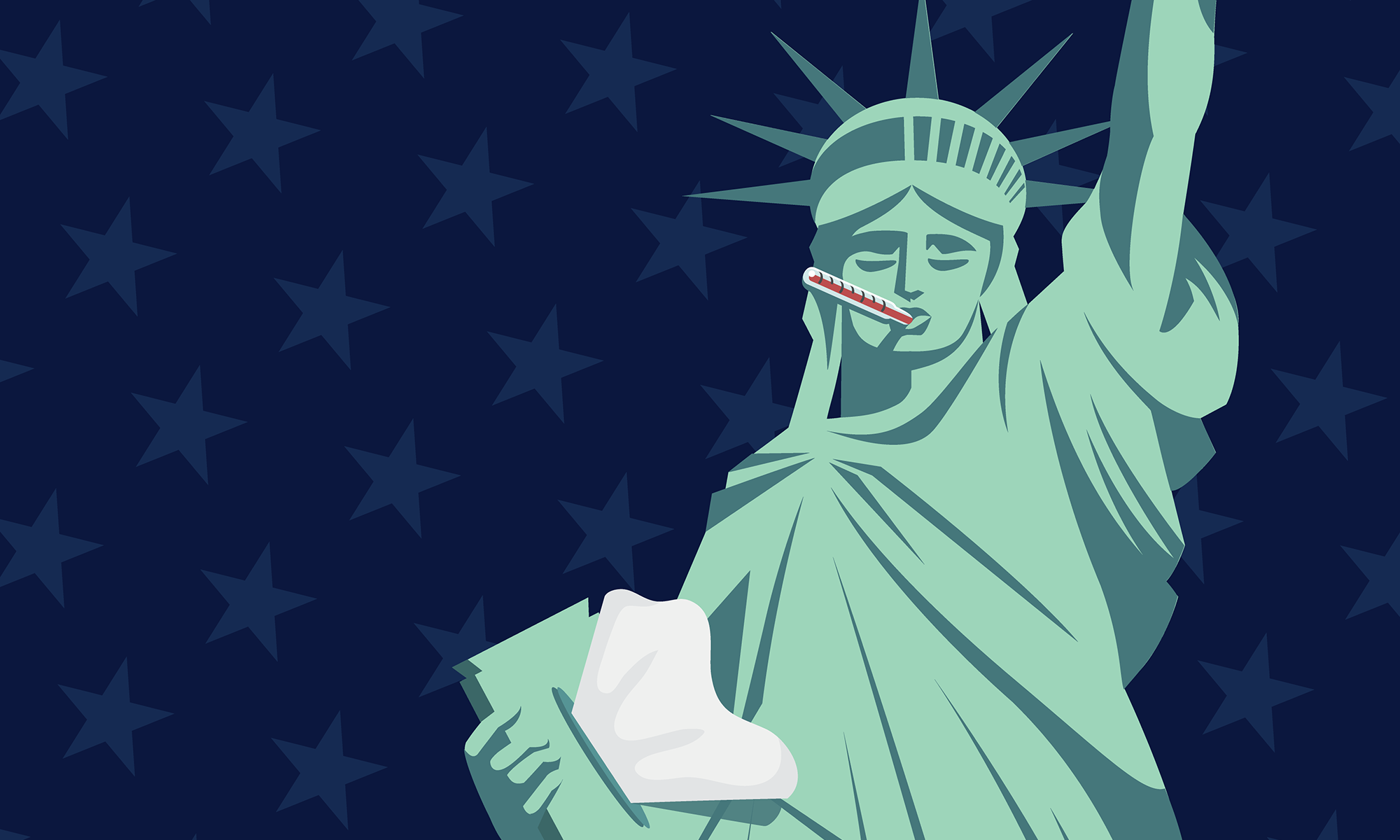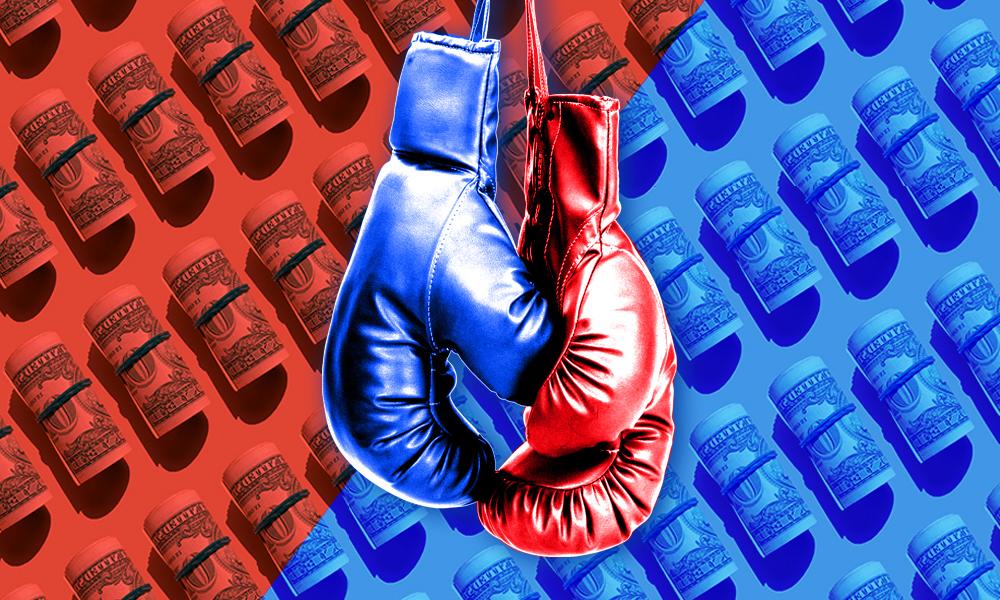New research suggests partisan hostility can erode democratic institutions and functioning.
It is obvious to almost everyone living in America that partisan hostility has reached a fever pitch.
但 how much does that matter to everyday life in the United States? After all, partisanship is as old as the country itself.
A new book by some of the foremost scholars on polarization, including 詹姆斯Druckman, the Martin Brewer Anderson Professor of Political 科学 at the 澳门威尼斯人网上赌场, offers an answer to that question by distilling empirical evidence as to the consequences of partisan animus.
结果? Partisan hostility alone is unlikely to lead to the collapse of American democracy. 但 it nonetheless does have a deleterious effect on democracy and could erode democratic institutions and functioning over time.
详细情况是怎样的? Partisan Hostility and American Democracy: Explaining Political Divisions and When They Matter, published on June 12 (University of Chicago Press, 2024). 它的作者, 除了Druckman, 萨马拉是克拉尔吗, of the University of Arizona; Yanna Krupnikov and John Barry Ryan, of the University of Michigan; and Matthew Levendusky, of the University of Pennsylvania.

The book’s release coincides with the ramp up to the presidential election, which pits President Joseph Biden against former President Donald Trump in a rematch that is already nibbling at the connective tissue that binds Americans.
的确, a 2022 Pew Research Center study found that most enrolled Democrats and Republicans use words like “immoral,”“不诚实的,” and “unintelligent” to describe their counterparts on the other side of the aisle. Most Republicans surveyed also called Democrats “lazy.”
“I think that is something to be fearful of, the normalization of what can devolve into dehumanizing, 煽动言论,德鲁克曼说. “It has consequences for what people think of other groups. It has consequences for what people think of democracy.”
Druckman and his coauthors offer a nuanced evaluation of when and how partisan animosity matters by drawing on panel survey data from 2019 through 2021—tumultuous years marked by the COVID-19 pandemic, mass demonstrations for social and racial justice following the murder of George Floyd, the insurrection at the US Capitol, and two presidential impeachments.
They found that partisan hostility has degraded politics by politicizing previously non-political issues, such as questioning science and expertise and government agencies like the Food and Drug Administration, and undermining compromise. They argue that those things alone are not necessarily enough to undermine democracy, 虽然, because they found that hostility does not directly relate to the most egregious actions, such as support for violence.
但, 他们警告说, party leaders and elected officials can gradually get away with taking undemocratic actions as a response to the lack of compromise. 这是, 在某种程度上, because partisans holding high levels of animosity for their counterparts and blind loyalty to their party either endorse such behavior or do not recognize it as facilitating the erosion of democracy.
最后, 作者总结道, the future of American democracy depends on how politicians, more than ordinary voters, 的行为.
“In a stable democracy such as the United States, 公民可以, 在理论上, 充当支票,他们写道。. “但 if animosity undermines functioning and even a few (political) elites exploit frustrated citizens for a power grab—under the guise of getting things done, disingenuously attributing blame to other citizens, or referencing relatively less democratic outcomes in the past—democracy becomes imperiled.”




